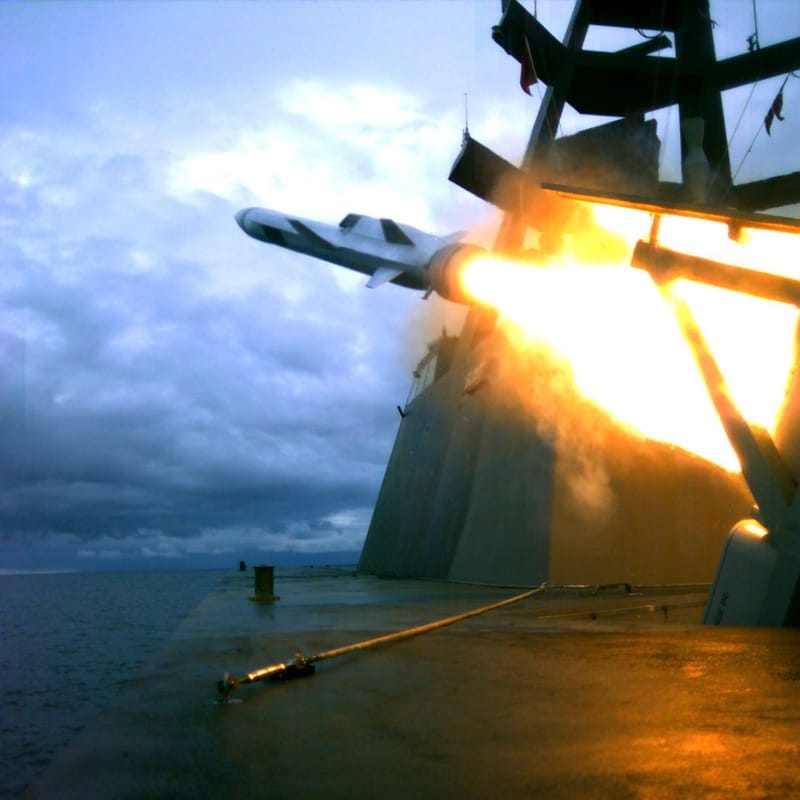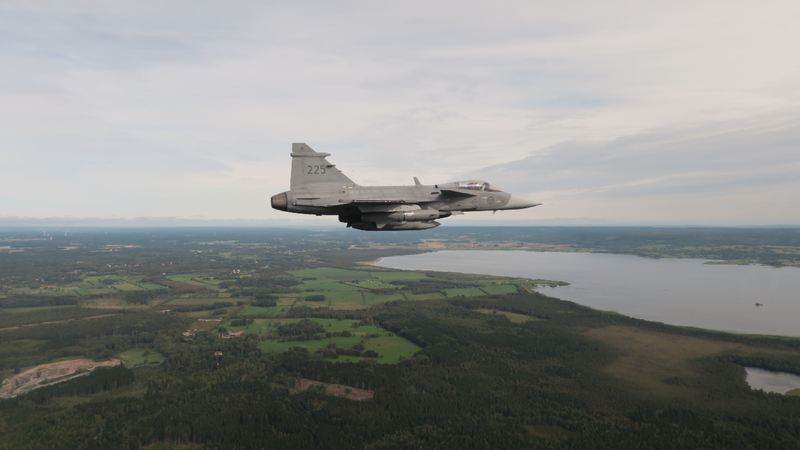Finland Stands Firm on Ukraine Despite German Neutrality Calls
Finland has voiced strong opposition to any proposals that would enforce a “neutral” status on Ukraine, similar to Finland’s Cold War stance.

Finland, a leading supporter of Ukraine in its conflict with Russia, has voiced strong opposition to any proposals that would enforce a “neutral” status on Ukraine, similar to Finland’s Cold War stance. This was underscored by Finnish President Alexander Stubb, who, in an interview with the newspaper Iltasanomat, criticized alleged considerations from Berlin on neutrality for Ukraine, calling it “misguided” and stating unequivocally that “the answer is a clear no.” According to Stubb, Finland’s historical model of neutrality is inappropriate for Ukraine given today’s geopolitical landscape.
Finnish Leaders Reject Neutrality as Outdated
The context for Stubb’s remarks is a report from Politico that suggested Berlin might be informally exploring a neutrality model for Ukraine as an alternative to NATO membership. As reported by Frankfurter Allgemeine Zeitung(FAZ), the suggestion gained rapid attention on X (formerly Twitter) but was firmly denied by German officials. The German Foreign Ministry publicly dismissed the proposal as “nonsense,” refuting claims that any official discussions were taking place. However, as reported by FAZ, the notion of neutrality has sparked significant unease in Finland, where it is seen as reflecting Germany’s perceived historical leniency toward Moscow.
Finnish Foreign Minister Elina Valtonen further emphasized Finland’s opposition to a neutrality model for Ukraine, telling FAZ that Finland’s Cold War neutrality was a “survival tactic” imposed by proximity to the expansionist Soviet Union. Valtonen argued that neutrality now would undermine Ukraine’s right to sovereignty and alliance choices, which she described as “fundamental principles of European security.” She further stated that the concept of Finlandization would only undermine Europe’s security framework, risk a return to “spheres of influence” thinking, and weaken international norms upheld by the UN Charter.
The Legacy of Finlandization and Modern Critiques
The concept of “Finlandization” arose during the Cold War, when Finland maintained an officially neutral stance while making significant concessions to the Soviet Union, often to avoid provoking Moscow. Finnish Institute of International Affairs researcher Arkady Moshes critiqued applying this model to Ukraine, telling FAZ that unlike today’s Russia, the Soviet Union more reliably adhered to agreements. Moshes warned that neutrality for Ukraine could embolden Moscow to take advantage of a perceived “waiting game,” ultimately posing a threat to Ukraine’s territorial integrity.
Cautious NATO Membership Stances in Berlin and Washington
As noted by FAZ, the German government remains cautious regarding Ukraine’s NATO membership, mirroring similar reservations in Washington. Both Germany and the U.S. have expressed concern over the escalation risks a Ukrainian NATO accession could present. While Germany has offered significant support for Ukraine’s EU membership, its stance on NATO is more restrained, which many Finnish officials see as a critical difference. Notably, Finland itself only joined the EU after the Cold War, underscoring its departure from neutrality.
This stance has raised broader questions within NATO over European security and alliance commitments. Analysts have pointed out, according to FAZ, that Germany’s position could reflect a deeper unease within NATO about extending collective defense to Ukraine, particularly given recent alliance holdouts, such as Turkey’s delayed approvals for Sweden and Finland’s NATO memberships.
Bilateral Security Assurances as an Alternative
Given these uncertainties, Ukraine has pursued bilateral security guarantees with over 20 countries, including Germany and Finland, according to FAZ. These agreements are designed to fortify Ukraine’s defensive position independently of NATO. Finnish leaders see this approach as preferable to neutrality, which they argue would fail to safeguard Ukraine’s sovereignty and stability amid current regional tensions and Russian ambitions.




